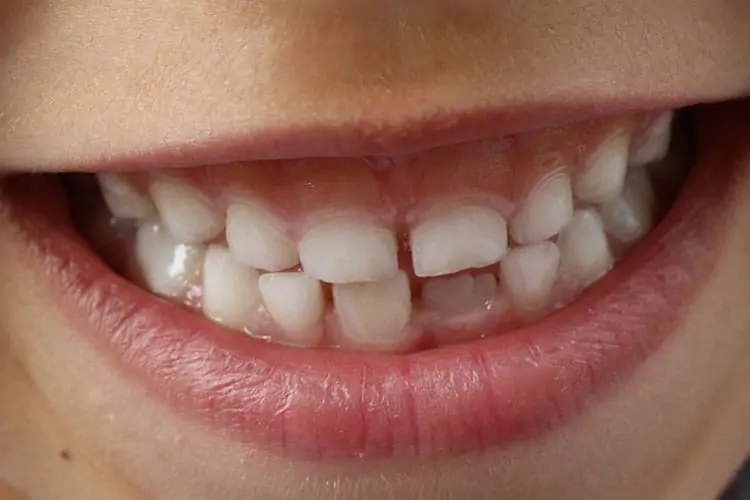Tooth decay is the breakdown of the enamel on your teeth. It may also be called cavities or even dental caries. But no matter what term you use, tooth decay is a big problem in this country.
As the Centers for Disease Control and Prevention report, “Although dental caries are largely preventable, they remain the most common chronic disease of children aged 6 to 11 years and adolescents aged 12 to 19 years.”
The CDC also shared some surprising statistics. Did you know that tooth decay is four times more common than asthma among adolescents aged 14 to 17 years? And, since we have your attention, Mom and Dad, you should know that the CDC also said, “Dental caries also affects adults, with 9 out of 10 over the age of 20 having some degree of tooth-root decay.” That’s ninety percent of adults! Wow!
According to the American Academy of Pediatric Dentistry, tooth decay in children is “4 times more common than early childhood obesity, and 20 times more common than diabetes.”
There are bacteria on your teeth that play an important role in breaking down food. The problem is that these bacteria produce acid that also breaks down tooth enamel and produces tooth decay.
The CDC named water fluoridation one of the ten great public health achievements of the 20th century. Fluoridated water has significantly contributed to a decline in the rate of tooth decay. In fact, according to the CDC, “Studies have shown that water fluoridation can reduce the amount of decay in children’s teeth by 18-40%.”
It will take more than fluoride in the water to protect your family from tooth decay, though. Here are some recommendations from the CDC of important things you and your family can do to take preventive action against cavities:
- Brush twice a day with a fluoride toothpaste
- Clean between your teeth daily with floss or interdental cleaner
- Eat nutritious and balanced meals and limit snacking
- Visit your dentist regularly for professional cleanings and oral examination
- Check with your dentist about use of supplemental fluoride, which strengthens your teeth, and about use of dental sealants (a plastic protective coating) applied to the chewing surfaces of the back teeth to protect them from decay
Like other pediatric dentists, Drs. Hollowell and Porter limit their Raleigh pediatric dentistry practice to young patients ranging in age from infancy through to their teens. We’ve even see adults with baby teeth! With small children, the focus may be on the baby teeth schedule. Obviously, by the time your kids are in middle school or high school, their needs have changed. But at every age, we will strive to make their experience a positive one. Our staff is trained in ways to help children have a pleasant experience when they visit the dentist.
